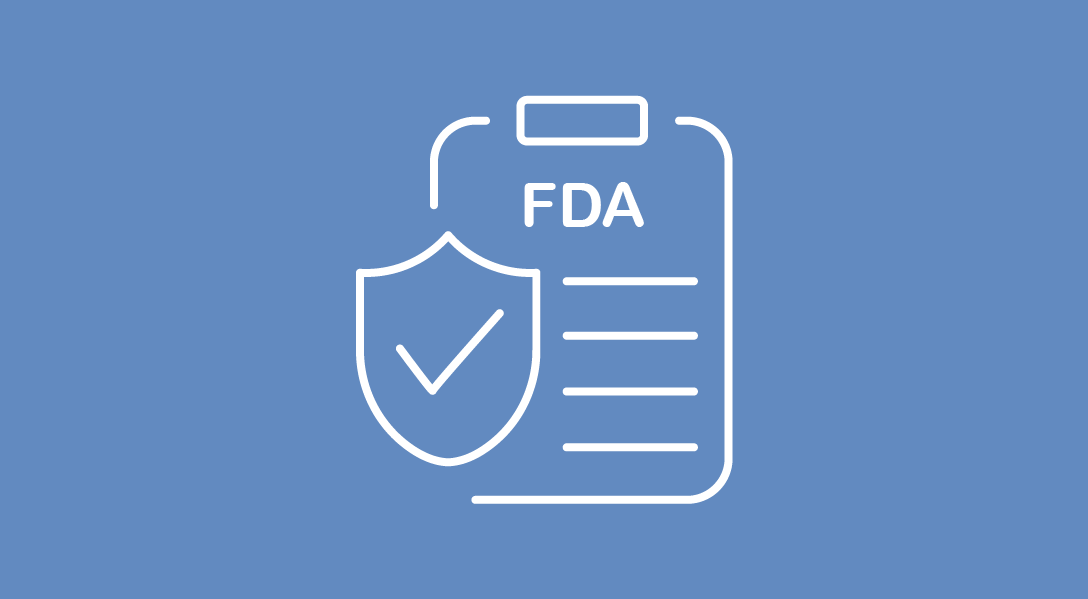FDA Updates REMS for CAR T-Cell Therapies for Hematologic Malignancies
The updated risk evaluation and mitigation strategies for autologous CAR T-cell therapy removed requirements for training and educational materials about the risk for certain toxicities.
FDA Updates REMS for CAR T-Cell Therapies for Hematologic Malignancies

The FDA recently modified the risk evaluation and mitigation strategies (REMS) for autologous CAR T-cell therapies for the treatment of hematologic malignancies, which aims to reduce burdens on the health care delivery system.1
The modified REMS have removed the requirements for educational and training materials regarding the risks of cytokine release syndrome (CRS) and neurological toxicities associated with approved CAR T-cell therapies. The FDA noted that information about the risks of these adverse effects (AEs) are “conveyed adequately” on current product labeling, and these products also include boxed warnings for the risk of CRS and neurological toxicities.
Furthermore, the FDA removed the requirement to report AEs suggestive of CRS or neurological toxicities to the REMS.
“AE reporting requirements in accordance with 21 CFR 600.80 are adequate for continued routine safety monitoring for these products,” the FDA wrote in a news release.
The 6 autologous BCMA- or CD19-directed CAR T-cell therapies currently approved by the FDA for the treatment of patients with various hematologic malignancies are idecabtagene vicleucel (Abecma), lisocabtagene maraleucel (Breyanzi), ciltacabtagene autoleucel (Carvykti), tisagenlecleucel (Kymriah), brexucabtagene autoleucel (Tecartus), and axicabtagene ciloleucel (Yescarta).
In the modified REMS, the FDA’s goal is to ensure that hospitals and clinics that administer CAR T-cell therapies are specially certified and have immediate access to tocilizumab (Actemra). Under the REMS for each agent, which were implemented following the respective approvals of each, treatment centers are required to have at least 2 doses of tocilizumab available on site for each patient prior to the infusion of a CAR T-cell therapy.
The modified REMS mark the second regulatory action taken by the FDA in 2024 regarding approved CAR T-cell therapies. In April, the FDA mandated that the boxed warning for all approved CAR T-cell therapies be updated to include the serious risk of T-cell malignancies. The regulatory body also required updates to other sections of the labels regarding warnings and precautions, post-marketing experience, and patient counseling information and medication guides.2
In the mandate, the FDA noted that patients and participants in clinical trials receiving CAR T-cell therapy should be monitored life-long for secondary malignancies. The agency said that the manufacturers should be contacted if a patient experienced a new malignancy following treatment with any approved CAR T-cell therapy, noting that the 6 approved agents all carry a serious risk of T-cell malignancies.
The boxed warning requirement followed a report in November 2023 of T-cell malignancies, including CAR-positive lymphoma, in patients who received BCMA- or CD19-targeted CAR T-cell therapies. The reports stemmed from clinical trials and post-marketing AE data sources.3
In the November 2023 report, the FDA said the overall benefits of CAR T-cell therapies continued to outweigh the potential risks in their approved indications; however, the regulatory agency decided further investigation was warranted into the risk of T-cell malignancies and their association with serious outcomes, such as hospitalization or death.
When each CAR T-cell therapy was initially approved, 15-year follow-up observational studies were required to assess the long-term safety and risk of secondary malignancies following treatment with any of these agents.
After a safety probe, in January 2024, the FDA called to add a class-wide boxed warning for CAR T-cell therapies regarding the potential risk of developing secondary T-cell malignancies following treatment with the 6 approved CAR T-cell therapies. The regulatory agency sent letters to the manufacturers of each of the CAR T-cell therapies requiring proposed changes to the safety labels or a rebuttal of the FDA’s decision.4
References
- Risk evaluation and mitigation strategies (REMS) for autologous chimeric antigen receptor (CAR) T cell immunotherapies modified to minimize burden on healthcare delivery system. FDA. June 26, 2024. Accessed June 27, 2024. https://www.fda.gov/vaccines-blood-biologics/safety-availability-biologics/risk-evaluation-and-mitigation-strategies-rems-autologous-chimeric-antigen-receptor-car-t-cell
- FDA requires boxed warning for T cell malignancies following treatment with BCMA-directed or CD19-directed autologous chimeric antigen receptor (CAR) T cell immunotherapies. FDA. April 18, 2024. Accessed June 27, 2024. https://www.fda.gov/vaccines-blood-biologics/safety-availability-biologics/fda-requires-boxed-warning-t-cell-malignancies-following-treatment-bcma-directed-or-cd19-directed
- FDA investigating serious risk of T-cell malignancy following BCMA-directed or CD19-directed autologous chimeric antigen receptor (CAR) T cell immunotherapies. FDA. November 23, 2023. Accessed June 27, 2024. https://www.fda.gov/vaccines-blood-biologics/safety-availability-biologics/fda-investigating-serious-risk-t-cell-malignancy-following-bcma-directed-or-cd19-directed-autologous
- Manalac T. FDA calls for boxed warnings on CAR-T therapies regarding secondary cancer risks. BioSpace. January 23, 2024. Accessed June 27, 2024. https://www.biospace.com/article/fda-calls-for-boxed-warnings-on-car-t-therapy-labels-regarding-secondary-cancer-risks/?keywords=cancer


